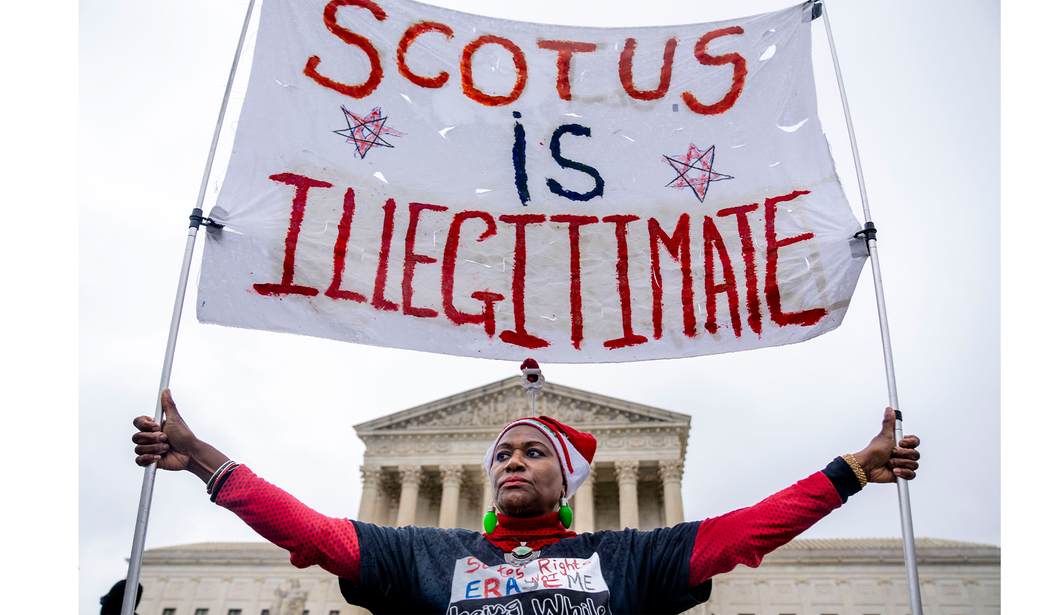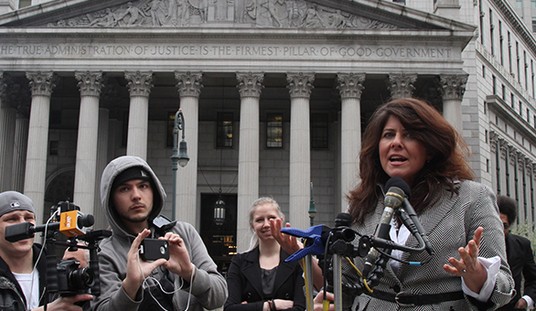The state of Idaho had trigger laws in place surrounding abortion in the event of Roe v. Wade being overturned. Thanks to the 2022 Dobbs v. Jackson Women's Health Supreme Court decision, which moved abortion access and restrictions out of the federal purview and back to state lawmakers, Idaho was able to enforce its abortion ban and also more deeply refine its abortion laws.
In 2023, the state narrowed the exceptions to the trigger ban, limiting the rape and incest exceptions to the first trimester and attempting to redefine abortion for specific medical conditions.[3] However, the state is prohibited from criminalizing medical providers who provide abortion care to pregnant people in emergency situations pending the outcome of the Department of Justice’s lawsuit against Idaho on the theory that the trigger ban violates the requirement of the federal Emergency Medical Treatment and Labor Act (EMTALA).[4] EMTALA requires hospitals that receive Medicare funds to provide stabilizing treatment to patients regardless of their ability to pay.
The Biden Administration sued Idaho for violating EMTALA, and a United States District Court sided with the administration. Idaho Attorney General Raul Labrador filed an appeal, stating that the Biden administration was misusing the law, which is intended to prevent hospitals from dumping patients, and subsequently created a de facto “federal abortion mandate” on the states. A similar case in New Orleans supported Labrador's argument.
Just Tuesday, the federal appeals court in New Orleans came to the same conclusion as Labrador. A three-judge panel ruled that the administration cannot use EMTALA to require hospitals in Texas to provide abortions for women whose lives are at risk due to pregnancy.
On Friday, SCOTUS allowed Idaho to enforce its abortion ban, staying the lower court ruling. The Justices are expected to hear arguments in April.
The Supreme Court freezes a decision that legalized emergency abortions in Idaho when necessary to "stabilize" a patient. The court will decide whether federal law requires hospitals to provide such care, or whether states can ban it. https://t.co/QFE2D3WFpP pic.twitter.com/lzHIBT3Buz
— Mark Joseph Stern (@mjs_DC) January 5, 2024
The Supreme Court on Friday allowed Idaho to enforce its strict abortion ban, even in medical emergencies, while a legal fight continues.
[...]
Idaho makes it a crime with a prison term of up to five years for anyone who performs or assists in an abortion.
But the administration argues EMTALA requires health care providers to perform abortions for emergency room patients when needed to treat an emergency medical condition, even if doing so might conflict with a state’s abortion restrictions. Those conditions include severe bleeding, preeclampsia and certain pregnancy-related infections.
The Justices' decision removed the case from the Court of Appeals court. Once oral arguments are held in April, SCOTUS will render its decision sometime in the summer.















Join the conversation as a VIP Member